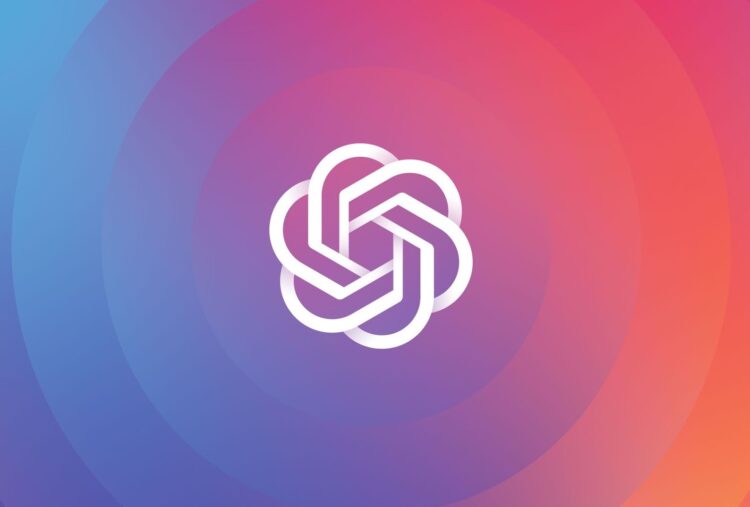WHAT IS CHATGPT?

OpenAI’s revolutionary AI model, GPT-3, has made significant strides in the field of natural language processing. With its ability to generate human-like text, it has found applications in various domains, including chatbot interactions and language translation. Boasting an impressive 175 billion parameters, GPT-3 is renowned for its complexity and comprehensiveness in processing language.
However, the emergence of ChatGPT has taken AI capabilities to a whole new level. Unlike its predecessor, ChatGPT allows users to pose any question or query, opening up a world of possibilities. Previously, with GPT-3, users had to provide specific keywords for the AI to generate responses. Now, ChatGPT can interpret and understand human expressions, whether spoken or written, to provide more accurate and relevant outputs.
This enhanced functionality enables users to harness the power of AI in a more intuitive and user-friendly manner. By comprehending and responding to the data inputted by users, ChatGPT facilitates seamless communication and interaction between humans and AI. Whether it’s extracting information, providing insights, or generating creative content, ChatGPT holds immense potential for various applications.
With its remarkable capabilities, ChatGPT represents a significant leap forward in the field of AI and language processing. As it continues to evolve and improve, we can expect even more exciting advancements in the way we interact with AI systems and utilize their capabilities to enhance our daily lives.
Advantages/Pros/Ups of ChatGPT

1. Human-Like Conversation
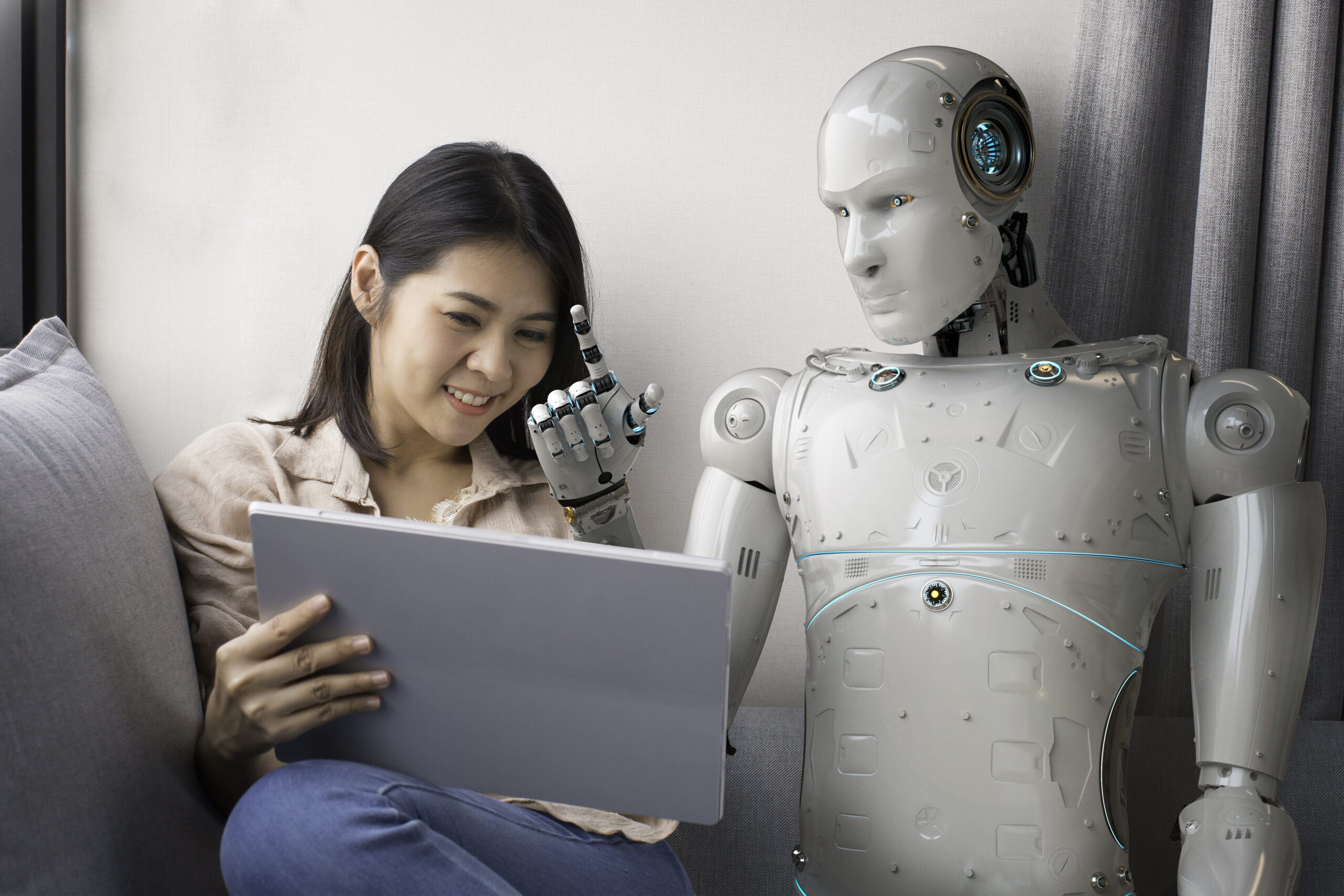
ChatGPT is an AI model that offers human-like conversation experiences. Similar to virtual assistants like Siri and Alexa, it employs advanced supervised and reinforcement learning techniques to generate contextually relevant responses. Trained on vast amounts of data, it can simulate natural dialogue and engage in interactive conversations with users. With its fluency and contextual understanding, ChatGPT represents a significant advancement in AI-driven conversational systems.
2. Versatility

ChatGPT’s versatility extends to multilingual capabilities, allowing training in various languages such as English, French, Chinese, Japanese, and more. This flexibility enables its application in diverse regions worldwide without the requirement for language-specific retraining. Whether engaging with users in different linguistic contexts or catering to global audiences, ChatGPT’s multilingual support enhances its accessibility and usability across language barriers.
3. Accuracy
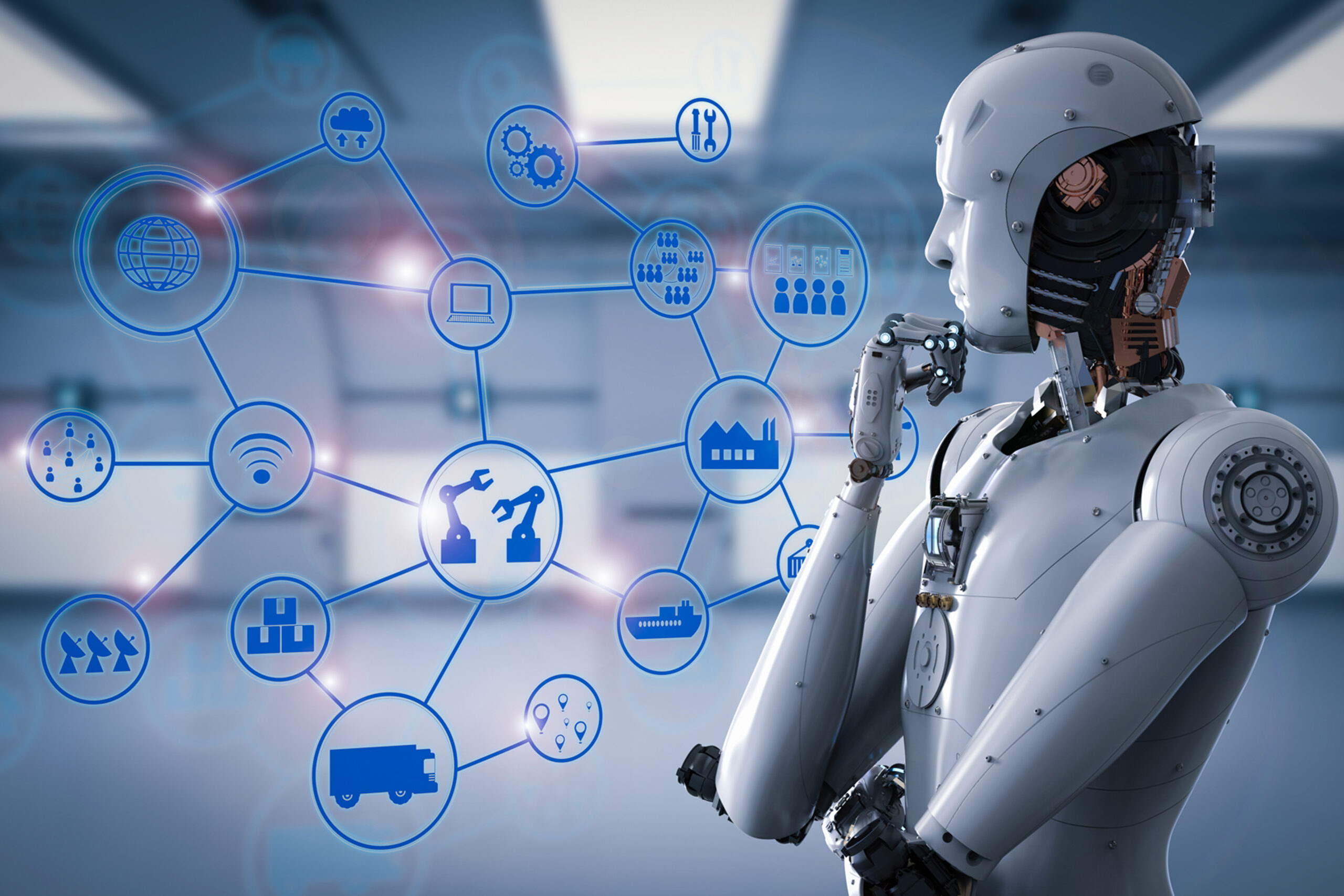
A significant advantage of ChatGPT is its high response accuracy, attributed to its extensive training on massive datasets. The model’s exposure to vast amounts of data enhances its reliability, surpassing many other AI models in terms of accuracy. This robust training allows ChatGPT to provide more precise and reliable responses, instilling confidence in its users and ensuring a more satisfying and effective conversational experience.
4. Personalization
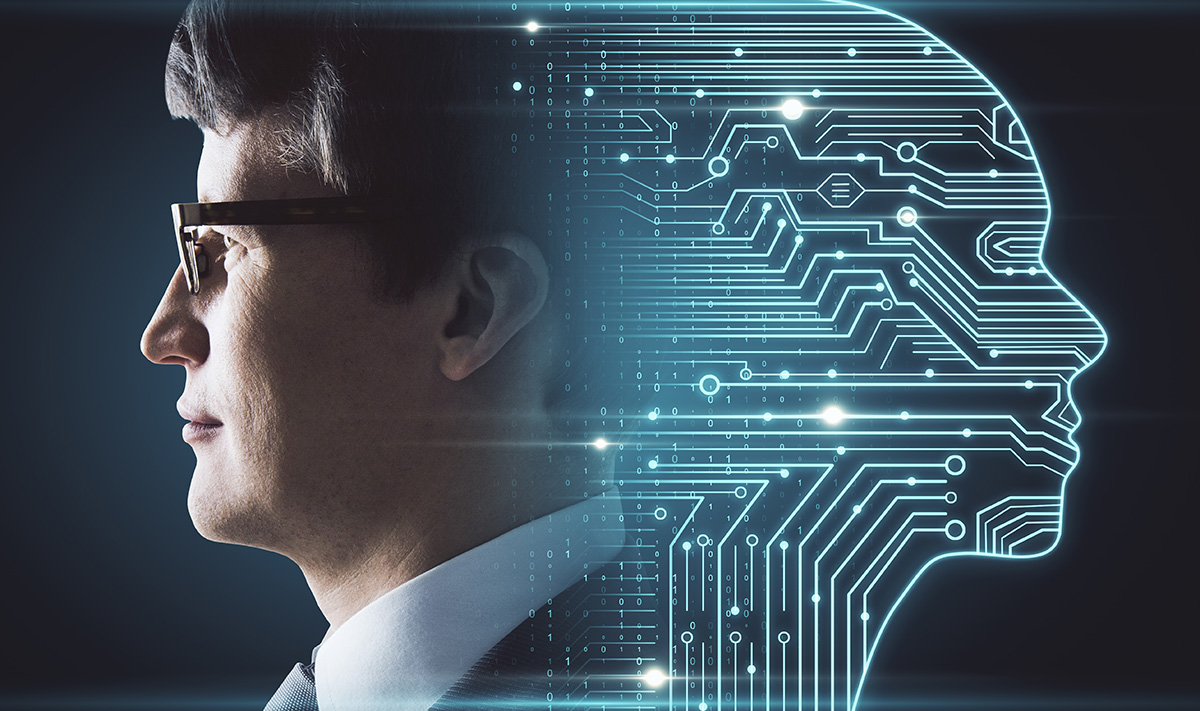
An additional advantage of ChatGPT is its ability to be trained on user preferences and interests. This enables the model to understand the unique needs and preferences of individual users, allowing it to provide personalized recommendations and responses. By tailoring its interactions to specific users, ChatGPT can deliver more relevant and customized information, enhancing the overall user experience. This personalized approach adds a personal touch to the conversations and ensures that users receive recommendations and responses that align with their individual preferences.
5. Speed

One notable advantage of ChatGPT is its exceptional processing speed and efficiency when handling large volumes of data. The model’s ability to quickly analyze and generate responses enables businesses and organizations to leverage its capabilities for various purposes. Whether it’s processing customer inquiries, conducting data analysis, or generating content, ChatGPT’s efficiency allows for streamlined operations and faster decision-making. By harnessing the power of ChatGPT, businesses can optimize their workflows, enhance productivity, and deliver timely and accurate results.
These benefits highlight just a few advantages of ChatGPT. With its advanced technology and capacity to handle extensive data processing and generation, it’s no wonder that ChatGPT is quickly becoming an indispensable tool for businesses and organizations.
In the following section, we will delve into the drawbacks of ChatGPT, examining the potential limitations and challenges it may present.
Disadvantages/ Downs/ Cons of ChatGPT

1. Plagiarism

ChatGPT, as a large language model, leverages deep learning algorithms to analyze and comprehend a vast array of textual data. It draws on diverse sources, including literature, to determine the most appropriate word to use in a given context.
While ChatGPT can generate text for storytelling purposes, it is important to note that it is prone to mimicking passages from the books it was trained on. To ensure originality and avoid plagiarism, it is best for writers to rely on their own creativity and writing skills. Human writers currently excel at crafting engaging narratives, surpassing the capabilities of AI writing tools. While ChatGPT can assist with generating ideas and providing suggestions, it is the human touch that brings a unique and captivating storytelling experience, at least for the time being.
2. Limited Creativity
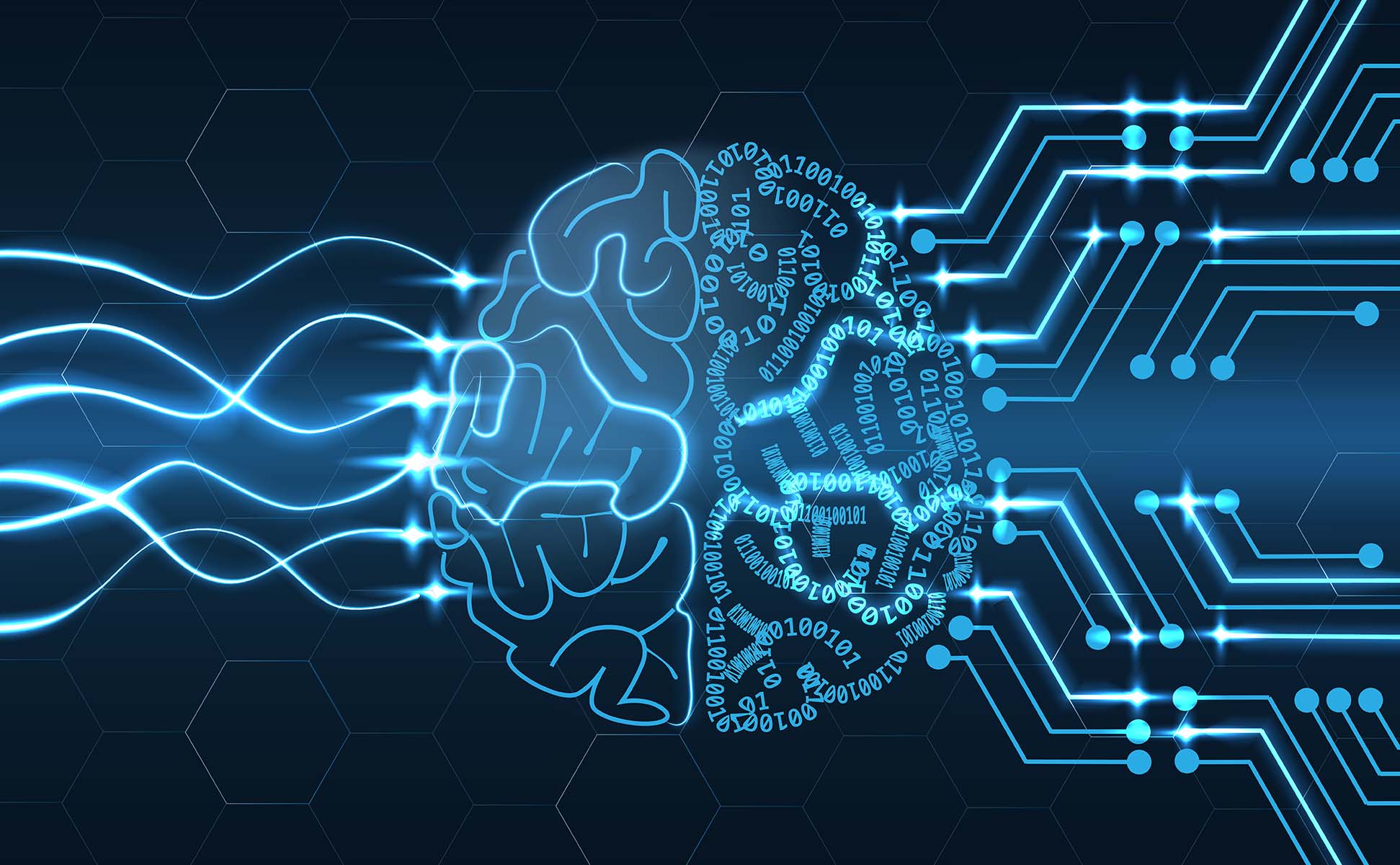
Despite its ability to generate creative responses, ChatGPT is constrained by the data it has been trained on. It relies on patterns and trends within the training data, which means it may struggle to produce truly original or innovative responses. While it can offer insightful and engaging conversations, its limitations in generating novel ideas should be acknowledged. For tasks requiring unique or groundbreaking insights, human creativity and critical thinking remain essential. ChatGPT should be seen as a tool to augment human capabilities rather than a replacement for human ingenuity.
3. Privacy Concerns
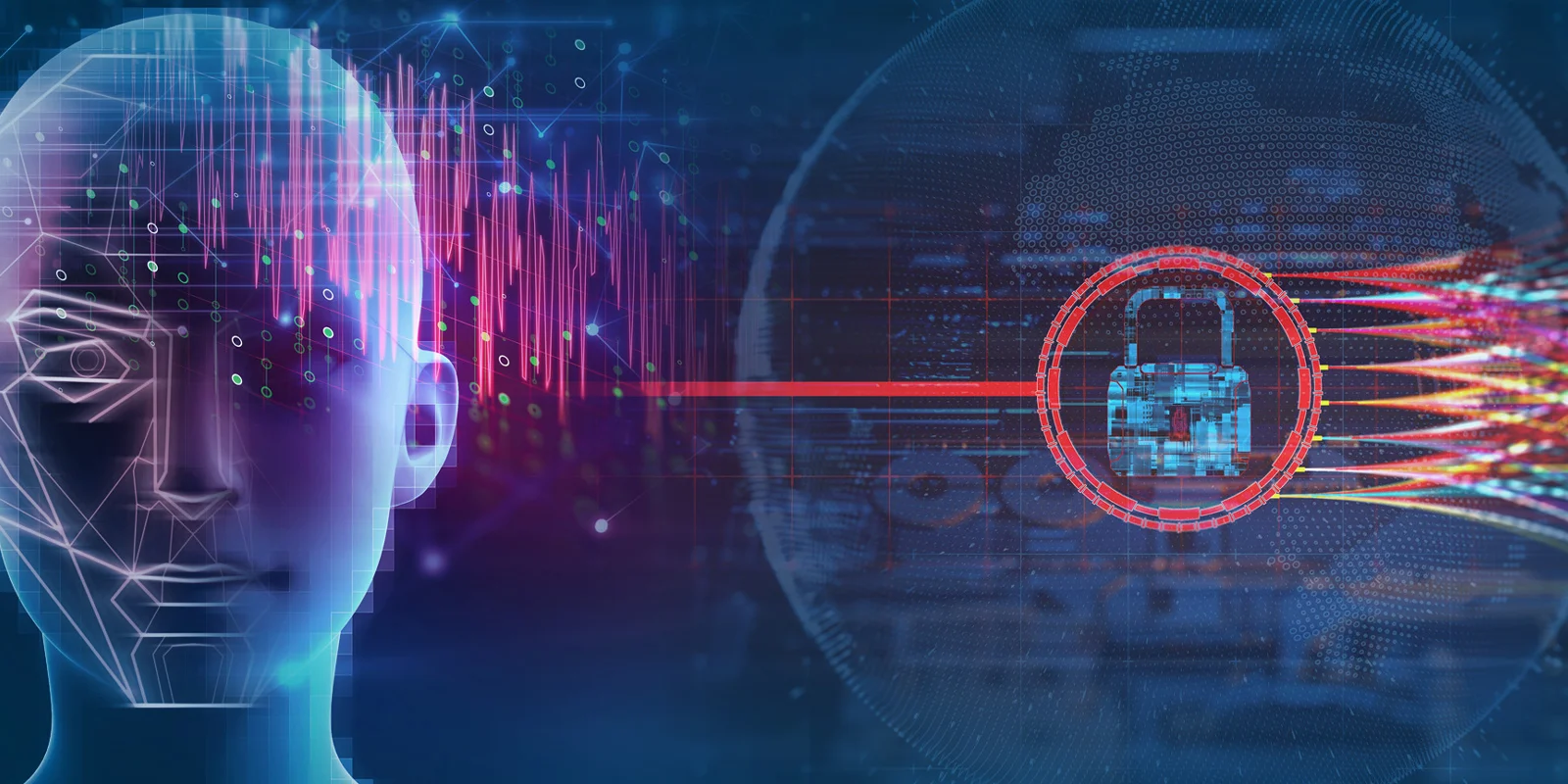
An important consideration when using ChatGPT is the requirement for access to user data in order to generate accurate predictions. This aspect raises valid concerns regarding privacy and data security.
To function effectively, ChatGPT relies on a large dataset that includes user interactions and inputs. While efforts are made to handle user data responsibly, there is still a potential risk of data breaches or unauthorized access. OpenAI, the organization behind ChatGPT, takes privacy and security seriously and implements measures to protect user data. However, it is advisable for users to be mindful of the information they share and understands the privacy policies and practices associated with the use of ChatGPT or any AI-powered tool.
4. Chances to deliver Biased Responses

Like other language models that depend on extensive existing data, ChatGPT has the capacity to produce biased responses influenced by the input it receives. This becomes particularly concerning when the input itself contains biases or inaccuracies, as it can result in the generation of potentially harmful or offensive responses. It is important to be mindful of this limitation and take steps to mitigate bias in order to ensure fair and inclusive interactions with AI language models.
5. Depends on Reliable Internet Connection
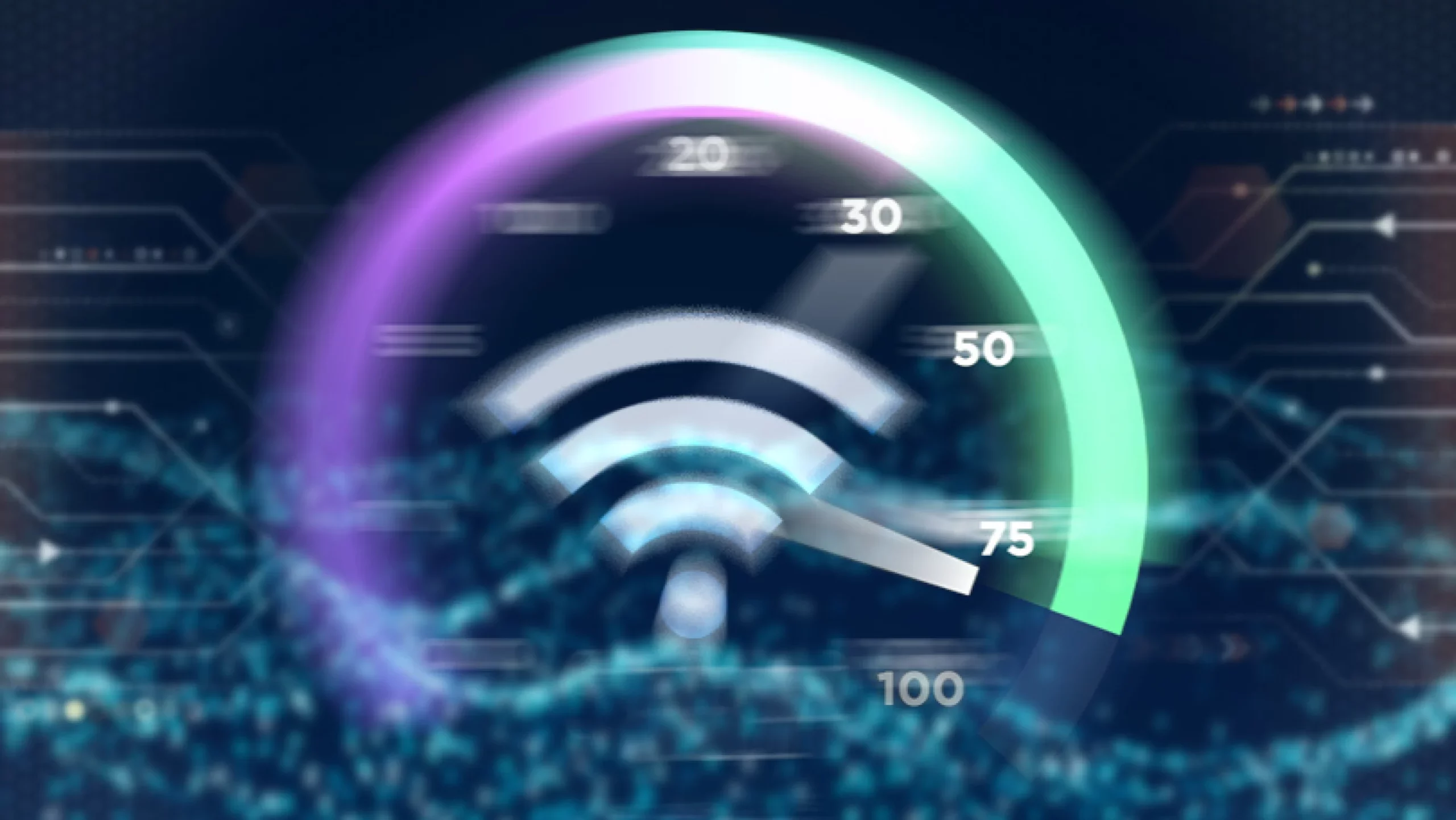
One potential disadvantage of ChatGPT is its dependency on a stable internet connection for optimal functioning. In regions with limited or unreliable connectivity, users may experience difficulties in accessing and utilizing the chatbot effectively. Additionally, like any online service, ChatGPT is susceptible to downtime or disruptions in service, which can temporarily impede its availability.
